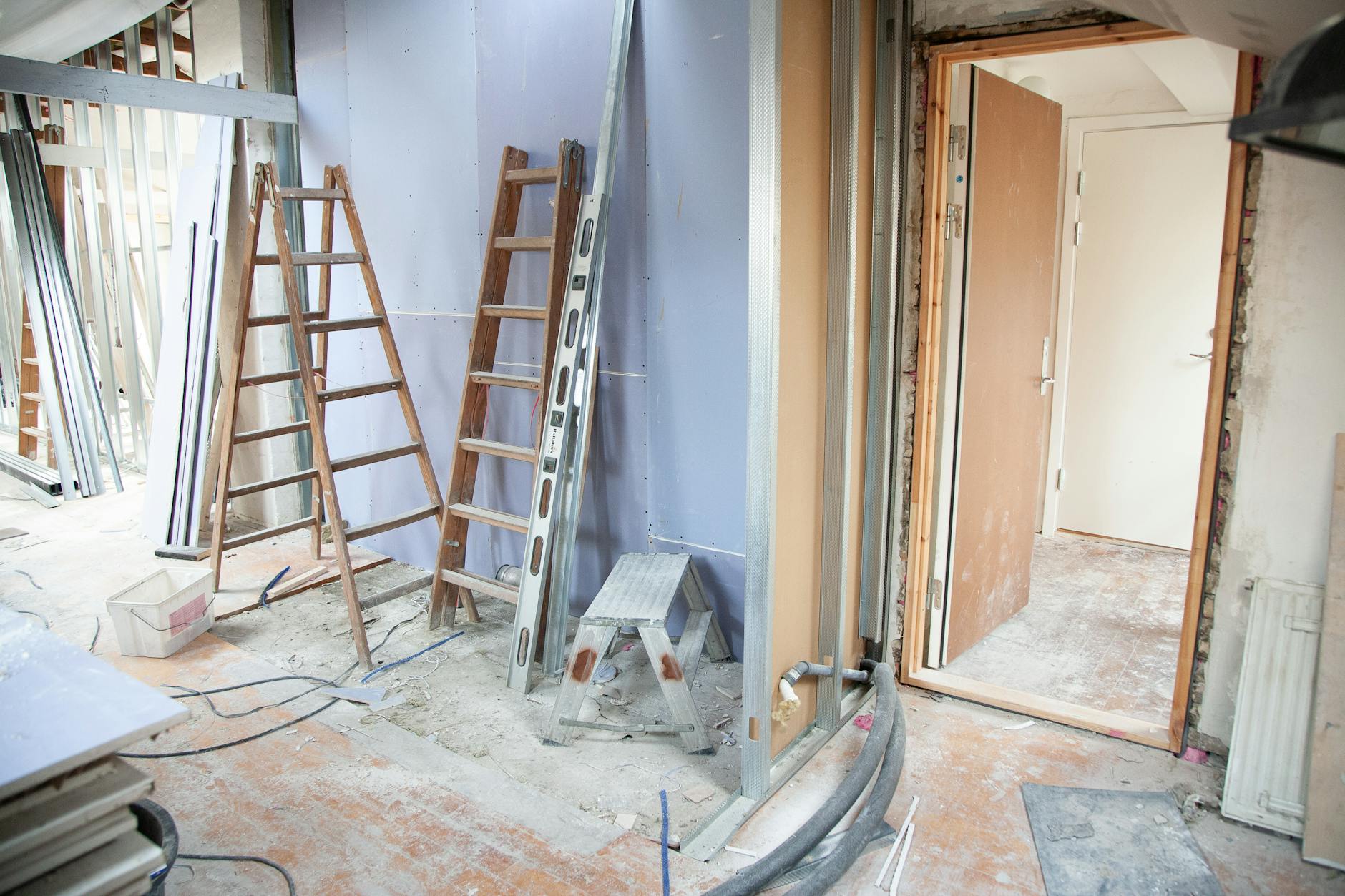Be very careful when lending money to improve your home
Some of these fixes may require immediate attention, or have simply been put off for a long time. If you don't have enough money on hand to take care things, what can you do?
Take out a home improvement loan, which will cover the costs of fixing up your home.
These loans can be lifesavers if there are structural or roofing problems with the house, and homeowners can't afford to repair them. One danger with these loans is the fact that there are a lot of unscrupulous people out there, waiting to take advantage of naive homeowners. The world of home improvement loans is no exception.
Home repair loan scams typically involve someone contacting you about fixing up your house. These people may go door to door to advertise their services, or they may cold call people in the neighborhood. There are also contractors who walk around the area, and take note of any houses that appear to need repairs. They then contact the homeowner, and sell her on the importance of fixing said problem before it gets any worse. The homeowner agrees that something needs to be done, but is at a loss as to how to pay for the job. Luckily, the contractor happens to have a friend in the lending business that could help her out. Trusting that both parties are on the up-and-up, the owner agrees to the job. At this point, the contractor may start on the job, for example, repairing a roof. When faced with loan documents, the lender uses high pressure tactics to get the owner to sign quickly. If the owner notices that the loan is for a higher amount than was agreed upon, the contractor then says that the job is more extensive than initially thought, and that if the owner doesn't take out the loan and pay him X amount, he won't finish the job. Faced with the prospect of having a hole in her roof, the owner signs the loan papers.
Once the loan is in place and the contractor is paid, he has no motivation to finish the job. He may simply leave town with the money. Or, he might finish the job, but do it poorly. The homeowner gets stuck with a half-finished or badly done repair job, and high loan payments. If the owner can't make her loan payments, she faces foreclosure. The lender then gets the house, and can sell it for a profit.
These scams target the elderly and low income families. The elderly are particularly vulnerable because they tend to be more trusting, and alone. They get pressured and conned, and end up losing everything.
If you are thinking about getting a home improvement loan, be careful. Only go with a lender or contractor that you have contacted, not the other way around. Compare loan terms and estimates on construction costs. Go only with reputable companies that have been in business for a long time. You may also consider contacting a lawyer before signing any kind of document. Don't hand over any money to lenders to cover up front costs, and don't pay your contractor until work is completed. That way, you can make sure that you won't be left holding the bag.


.jpg)
.png)
.jpg)
.jpg)
.jpg)
.jpg)
.png)
.jpg)
.png)
.png)
.jpg)
.png)
.jpg)
.jpg)
.jpg)
.jpg)
.jpg)
.jpg)
.png)

.png)
.png)


.png)
.jpg)
.jpg)








